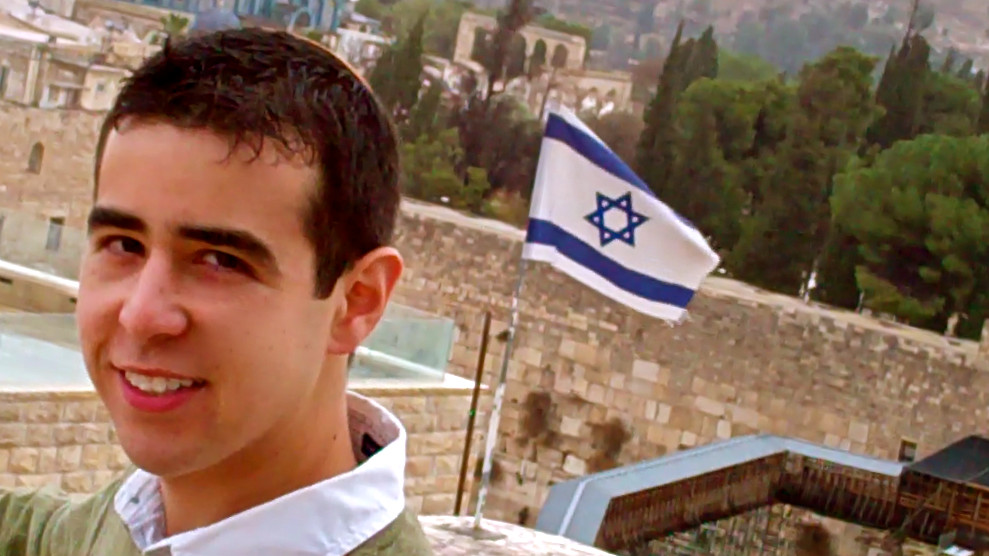From the Heart of Jerusalem: Secrets of the Megillah
It's all about food
"ארבעה עשר לחדש אדר שמחה ויום טוב ומשלוח מנות איש לרעהו" – “The fourteenth of Adar --happiness and festival, and sending of portions, man to his fellow” (9:19). This verse is the source for the favorite mitzvah on Purim of sending food to each other. But how do we know the verse is talking about food? After a closer analysis of the entire Megillah, it becomes clear that many verses are referring to food. And therefore the word “portions” here in this verse refers to food as well. Here are the other secret food references:
"וימלא המן חמה" – “And Haman was filled with anger (cheima)” (3:5). The Gemara in Maseches Ugiyot uses a classic literary technique to teach us the true meaning of this verse: Don’t read it “cheima” (anger)—rather “chem’ah” (butter). Therefore the pasuk is rendered, “And Haman was filled with butter.” Moreover, we know through Jewish tradition that butter, like words, is best funneled through the ears. This is consistent with the fact that “hamentaschen,” literally “Haman’s ears,” are tasty, buttery cookies. Now that we understand that Haman’s ears were actually cookies, another mystery of Purim is decrypted: the bizarre making of loud noise upon reciting Haman’s name. It is indeed very difficult for Haman to hear the reading, considering his ears are baked delicacies.
Haman wasn’t the only Megilla character with culinary aspects. We see that the women, in preparing to meet the king, spent six months in oil (2:12). Now that’s what I call deep-fried—it is a mystery in the Kabballah as to why fried latkes and donuts aren’t eaten on Purim and only on Chanukkah.
Also, when Haman bribed Achashveirosh, the pasuk says “ten-thousand talents (kikar) of silver, I will weigh-out (eshkol)” (3:9). But Onkolos’ brother translates the pasuk according to the pshat: “ten-thousand loaves (kikar) of silver grapefruit (eshkol).” We see that even the most powerful politicians used food items as their means of diplomacy.






